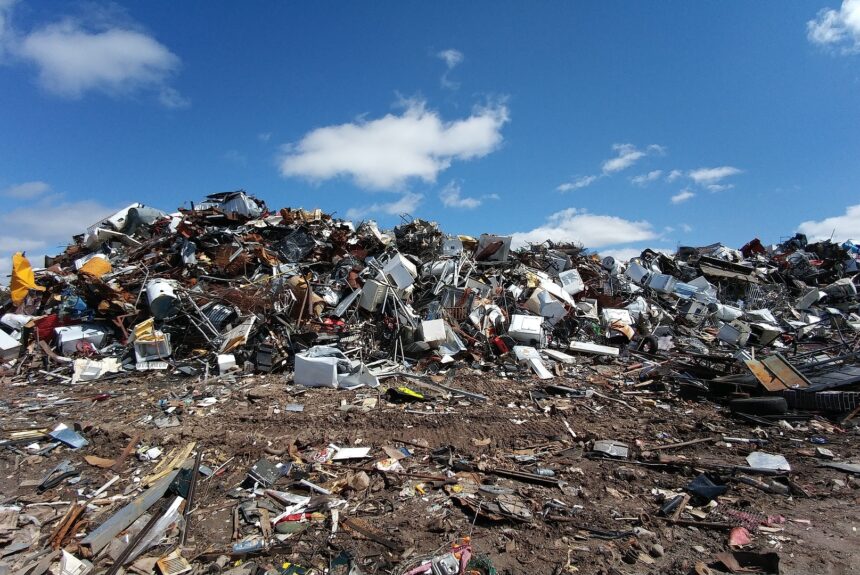Georgia-Pacific is a brand name most of us know. While the brand is well-known, the company’s environmental passion is not as talked about. The company has had sustainability breakthroughs before. But now, Georgia-Pacific has taken a massive step forward in reducing the amount of waste they send to landfills.
>>>READ: Georgia-Pacific Mill is Working to Solve Papermaking’s Water Problem
Landfill waste is a significant problem. According to the Environmental Protection Agency, roughly half of all the United State’s municipal solid waste goes into landfills. That is more than 145 million tons of trash annually.
Innovators at Georgia-Pacific recognized this as a problem, realizing it was one that they could likely solve. The problem led to experimentation, and experimentation devised a process that worked as a solution. This solution is now known as Juno® Technology.
According to Georgia-Pacific, Juno can divert and recover paper, food, plastic, and metal waste. The process was developed when Wayne Winkler, now a lead technical consultant for Juno, wondered if ‘cooking’ garbage could make any difference. Winkler had that thought 12 years ago and, after a little brainstorming, sent a co-worker in search of some fast food garbage they could use to test the theory.
Georgia-Pacific tells the rest of the story:
“Back at the Georgia-Pacific R&D center, Wayne and a coworker tossed their newly acquired bags of garbage directly into a prototype autoclave — a giant, cylindrical pressure cooker. The unsorted garbage was sanitized and cooked using pressurized steam, in hopes it could remove the moisture-resistant coatings from the restaurant’s food packaging and recover usable paper fiber…When the team opened their prototype autoclave after running the first batch of garbage, they found their hypothesis was correct — it worked.”
That simple process would eventually be upgraded to become Juno® Technology.
Juno was tested at a pilot project in Savannah, Georgia, where different forms of garbage (including some from the Atlanta airport) were trucked in. Once the pilot demonstrated its capability, Juno was ready to build at a commercial scale. The first commercial-scale Juno plant opened in May of 2021 in Toledo, Oregon.
The Toledo plant has seen remarkable success. This specific plant is designed to only handle paper fiber and metals, and it has been able to successfully divert 50 to 60 percent of the waste it handles, more than 33.6 thousand tons. The paper fibers captured during this process are sent to a Georgia-Pacific mill and, alongside other recycled materials, become containerboard.
>>>READ: Innovation is Reducing and Repurposing Construction Waste
With the success of the Toledo plant showing a bright future for Juno, Georgia-Pacific is looking to expand. Sites are being explored in the United States, the United Kingdom, and Australia. Construction is expected to begin in the next one to two years, and these projects will have some exciting additions to what is happening in Toledo:
“New, larger plants will process plastics, including high-density polyethylene and polypropylene packaging. Food waste, which is the single largest material to be landfilled, will be turned into biogas through Juno’s anaerobic digestion process. Biogas can potentially be used to fuel facilities or be sold back to the electric utility for use on the power grid.”
America has a garbage problem, but it is not without a solution. It is a testament to innovation that a company known for single-use products is championing a new way of dealing with waste.
Kelvey Vander Hart is a native Iowan, a member of the American Conservation Coalition, and a communications specialist at Reason Foundation.
The views and opinions expressed are those of the author’s and do not necessarily reflect the official policy or position of C3.
